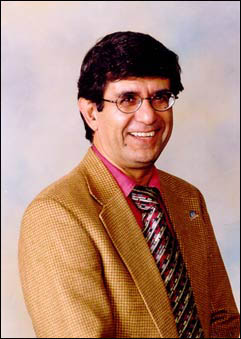
|
Platon University: A Gift of the Greek-American Community to the World By E.G. Vallianatos It’s about time the Greek-American community think of its own long-term survival by giving birth to Platon University as a concrete expression of its affinity to both its Hellenic heritage and commitment to the secular and democratic ideals of America. Platon was the genius of Hellenic civilization and the world’s greatest philosopher. Naming a university after Platon is hoping, in time, to be the best university in the world. This is not a matter of arrogance but prudent expectation from such a university. So affluent Greek Americans ought to put their resources together in seeing through such a project, which, if successful, would earn them immortality. There should be no mixing this project up with any schemes of the Orthodox Church for education. That church is only interested in its own mission, not in the well being of Hellenism or the values of a democratic society. The patriarch, who appoints the archbishop of the Orthodox Church in the United States, is a Turkish citizen who is promoting the policies of Turkey. Moreover, and more fundamentally, Christianity has been the worst enemy of Hellenism for the last 1,600 years. Emperor Theodosios brought the Olympics to an end in 393. John Chrysostom, the fourth-century “golden-mouth” church father of the Eastern Orthodox Church, hated the Greeks, particularly Platon. He preached that tent makers and barbarians were better than Greek philosophers. The Platonic Academy came into being in 337 BCE and lasted for about eight centuries until 529 CE when Emperor Justinian shut it down. Clerics were the enforcers of Turkish slavery in Greece from 1453 to 1821. Christianity remains an enemy of Hellenism to this day. It is irresponsible to think that Orthodoxy and Hellenism can work together.
Second, Platon University will use Hellenic wisdom for an understanding and solution of the critical problems facing the United States and the world. We live at a time where the two monotheistic religions, Christianity and Islam, are getting ready to push humanity into another dark age. Hellenic culture is the only antidote to the fanaticism and intolerance of militant monotheism. Greek polytheism treats people with respect. The Greek Muses, daughters of Zeus and Mnemosyne, inspired Homeros in his singing of the most beautiful and perfect epic the world has ever heard and read. The Greek gods underpinned the Greek miracle – all that the Greeks contributed to philosophy, science, art, literature, theater, and democracy. Finally, Platon University would be a gift of the Greeks living in the United States to America, Greece, and the world. It would signify that Greek Americans are mature enough to abandon the colonialism of Christianity and return to their roots – Hellenic culture, which was the culture of Thomas Jefferson. He was a lover of Greek wisdom and a critic of Christianity. His gift was the separation of church and state in America. Hellenic culture remains the guiding light of the most intelligent people on earth. Fighting for their rights, including their right to remain Greek, Americans of Greek origins are assuring their survival, helping at the same time, their adopted home, the United States, to return to its Hellenic beginnings. Platon University would be an ideal instrument to move all of us in that direction. E.G. Vallianatos, author of “From Graikos to Hellene” and two books on global ecopolitical issues, is a visiting professor of agrarian policy and the global environment at the University of Maryland. E-mail: evcv@erols.com. |
|

